Say this is the first time you travel and you’d like to know what the cultural travel 101 tips are to make the most of your experience.
Or you’ve just had a bunch of trips that have left you feeling empty and like you “didn’t get it”.
 Some believe that you hop on a plane and that’s it. But planning a trip abroad does have a few considerations so that it can be a smooth, stress-free event (as much as possible, that is).
Some believe that you hop on a plane and that’s it. But planning a trip abroad does have a few considerations so that it can be a smooth, stress-free event (as much as possible, that is).
Sure, it’s not rocket science, anybody can do it! You just need a bit of organization and planning in advance to make sure that you’re getting the most out of your buck.
It’s not just about how much money you spend, but about how that money brings you some of the most rewarding and memorable experiences in life.
Cultural travel 101 basics
I guess this post has been long overdue, I mean, most of this already comes natural to me. But if you’re a newbie traveler, I want to make it as easy for you as possible!
Here are your basic items you need to think about and/or take care of before departing for your cultural travel experience.
Timing
Start planning at least one year prior to your trip, if possible.
Start searching for plane tickets and hotel prices about six months in advance.
Start booking plane tickets, hotels and attractions about three to two months prior to your trip. (Beware that some attractions may require you to book even earlier).
Money
Research your money options abroad. Are there ATMs where you’re going? Can you use your debit card to withdraw from them?
Can you pay using your credit card? Do they receive traveler’s checks?
Make sure you set up a budget covering: transportation, food, lodging, attractions, shopping and unforeseen events.
Here’s a cool way of saving money on exchange rates at the end of your trip.
Health
Find out if your health insurance covers you abroad. If not, consider buying extra insurance to cover you during your trip.
Get any required vaccinations at least two months in advance. Save the certificate because you’re going to have to provide proof of immunization in some countries.
Use the Healix Travel Vaccinations iPhone app to find out which vaccines you need for each country and verify that with the embassy of said country.
Prepare your prescription drugs for travel and keep them in their original containers.
Also prepare a mini first-aid kit with over the counter medications like insect repellent, sunscreen, antibiotic ointment, antidiarrheal and antacid medicine, cold medicine, ibuprofen and band-aids.
I even include a thermometer.
Paperwork
Check if your passport is still current. If not, renew it and apply for any necessary visas.
If you’re an American, you can find out if you do need to get a visa at the Country Specific Information section of the Bureau of Consular affairs website.
If you’re not an American, go online and Google the embassy of the country you want to visit. Most embassies provide the required information online.
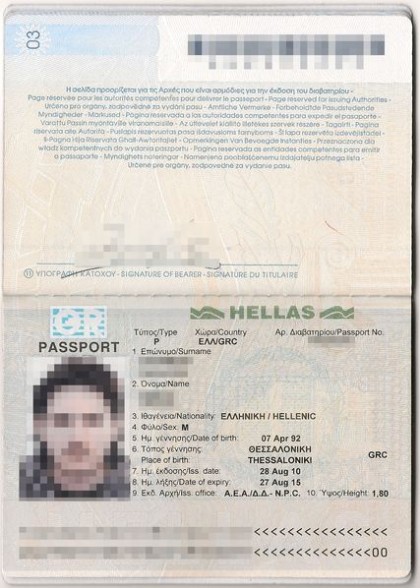
Greek passport. Photo: Wikimedia Commons, Philly boy92.
Please copy and paste the following link to go to the original image:
http://commons.wikimedia.org/wiki/File:Greek_Passport_inside_(Biometric).png
Check your wallet and get rid of any unnecessary membership cards, supermarket cards, library cards, credit cards or any other document that may be used for identity theft.
Make two extra photocopies of your ID, airplane tickets, credit cards, passport identity page and driver’s license.
Leave one with a family member or friend at home and bring another with you, but don’t store it with your valuables.
Culture
People don’t speak English everywhere and many actually find it rude that you expect them to.
Be polite and respectful by getting a phrasebook and learning at least a few day-to-day expressions that can help you get around.
Even if the locals do speak English, many appreciate the fact that you honor them enough to make the effort of learning and speaking their language, even if you butcher it.
Research in advance about local customs. The last thing you want to do is offend somebody in their own country.
Tame down your gawky tourist expression and learn to be patient, quiet and not draw too much attention to you during your cultural travels.
It not only may be offensive, but you can attract unwanted attention from pickpockets and scam artists.
Do your homework and research in advance the history of the place, so that you can honor their past and culture and you can learn more and bring knowledge home.
Not too difficult, is it?
That’s my basic list a new traveler should consider before starting to plan a trip. You are going to find a few surprises along the way.
But I say to better be prepared so that you can also be a good ambassador for your own culture!
Did I miss something? What else do you find is a cultural travel basic?
Share your comments in the field below or join the conversation in Facebook!
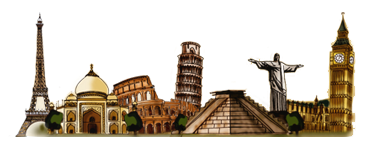
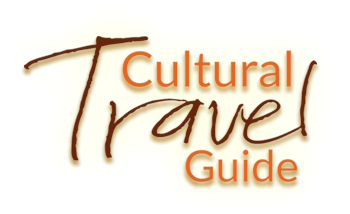

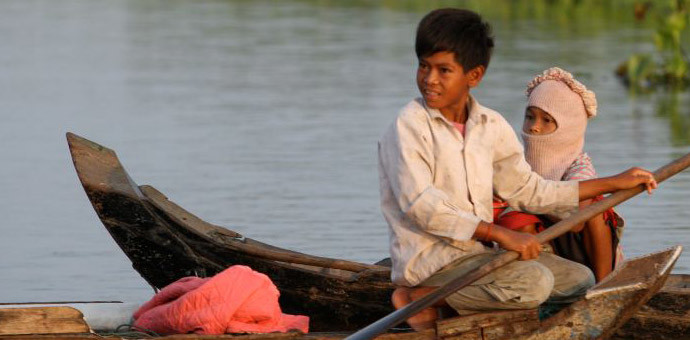


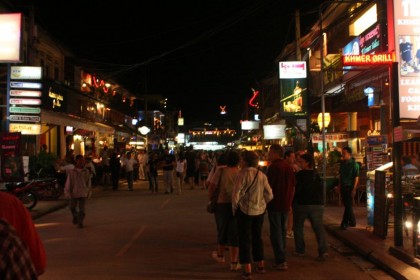
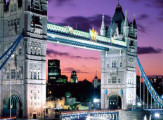
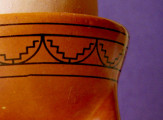
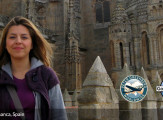





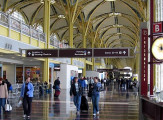



















I’m agree with the whole English thing. It’s at least nice to learn “please” and “thank you.” And at the very VERY least, ask for help with a humble smile. =)